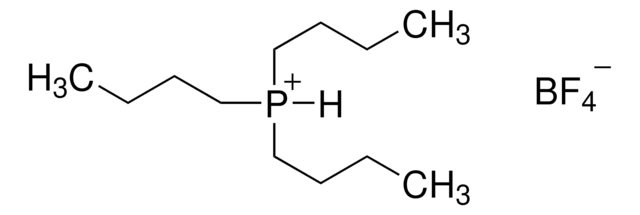631493
Tricyclohexylphosphine tetrafluoroborate
97%
Synonym(s):
Tricyclohexylphosphonium tetrafluoroborate
About This Item
Recommended Products
Quality Level
Assay
97%
form
solid
reaction suitability
reaction type: Arylations
reaction type: Cross Couplings
reaction type: Sonogashira Coupling
reaction type: Stille Coupling
reaction type: Suzuki-Miyaura Coupling
mp
164 °C (lit.)
functional group
phosphine
SMILES string
F[B-](F)(F)F.[H][P+](C1CCCCC1)(C2CCCCC2)C3CCCCC3
InChI
1S/C18H33P.BF4/c1-4-10-16(11-5-1)19(17-12-6-2-7-13-17)18-14-8-3-9-15-18;2-1(3,4)5/h16-18H,1-15H2;/q;-1/p+1
InChI key
MYSMMEUXKHJYKH-UHFFFAOYSA-O
General description
Application
- As a ligand for preparing C-homoaporphine alkaloids via microwave-assisted direct-arylation.
- To synthesize poly-[9,9-bis(3-propylamide-2-methylpropyl sulfonic acid) fluorene]-co-(4,4′-diphenyl) (PFDBSO3H), which can be employed as a template and doping agent for enhancing the conductivity of poly(3,4-ethylenedioxythiophene) (PEDOT) films.
- To improve the reactivity of palladium-catalyzed Suzuki-Miyaura cross-coupling reaction between MIDA boronates and less activated alkenyl tosylates.
Storage Class Code
11 - Combustible Solids
WGK
WGK 3
Flash Point(F)
Not applicable
Flash Point(C)
Not applicable
Personal Protective Equipment
Regulatory Listings
Regulatory Listings are mainly provided for chemical products. Only limited information can be provided here for non-chemical products. No entry means none of the components are listed. It is the user’s obligation to ensure the safe and legal use of the product.
PDSCL
Deleterious substance
PRTR
Class I Designated Chemical Substances
JAN Code
631493-1G:4548173174358
631493-VAR:
631493-5G:4548173174365
631493-BULK:
Choose from one of the most recent versions:
Already Own This Product?
Find documentation for the products that you have recently purchased in the Document Library.
Customers Also Viewed
Articles
We are proud to offer a number of products used in catalytic amidation technology.
Global Trade Item Number
| SKU | GTIN |
|---|---|
| 631493-5G | 4061832721170 |
| 631493-1G | 4061826724392 |
Our team of scientists has experience in all areas of research including Life Science, Material Science, Chemical Synthesis, Chromatography, Analytical and many others.
Contact Technical Service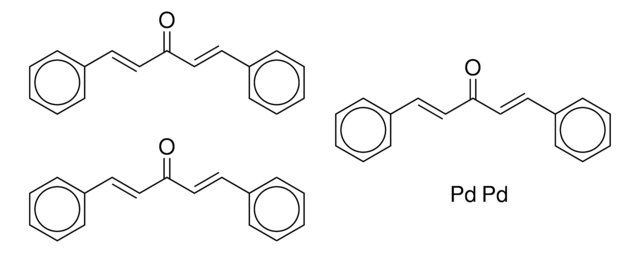
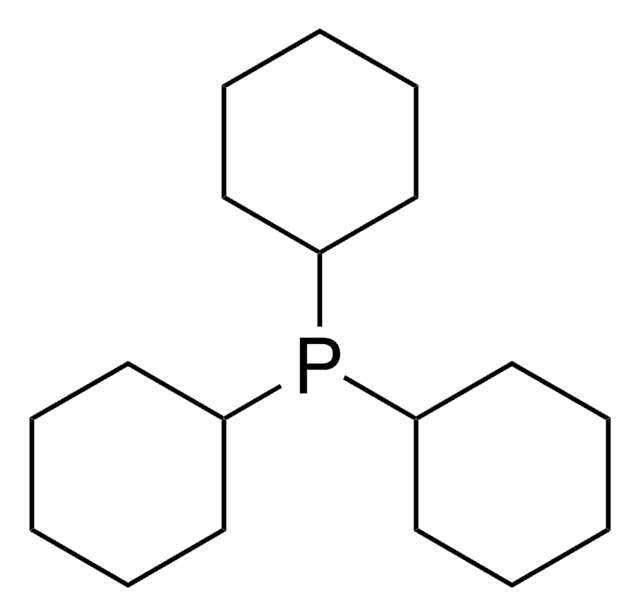
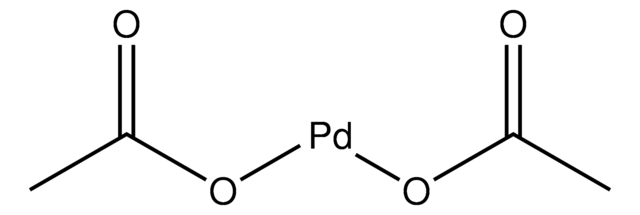
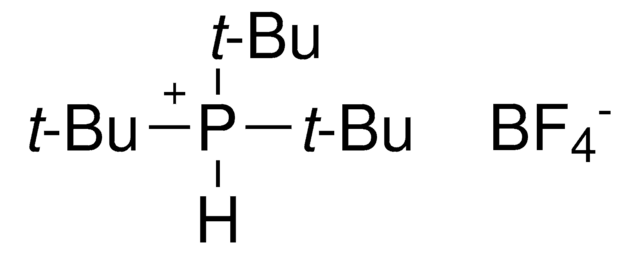
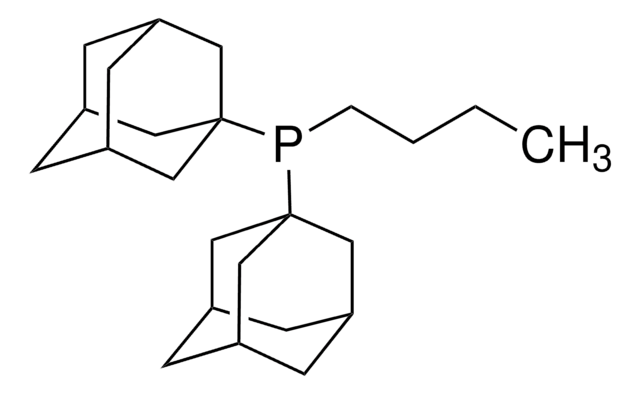
![[1,1′-Bis(diphenylphosphino)ferrocene]dichloropalladium(II)](/deepweb/assets/sigmaaldrich/product/structures/130/734/8846aa26-1858-458a-998d-8c306c13bf0f/640/8846aa26-1858-458a-998d-8c306c13bf0f.png)
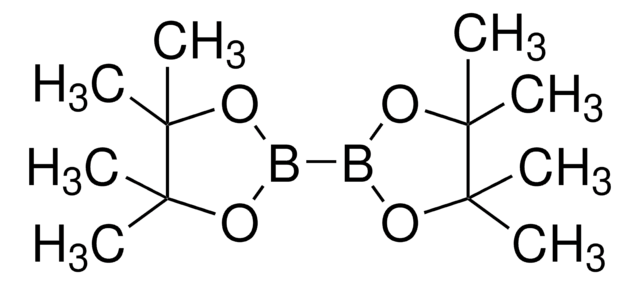
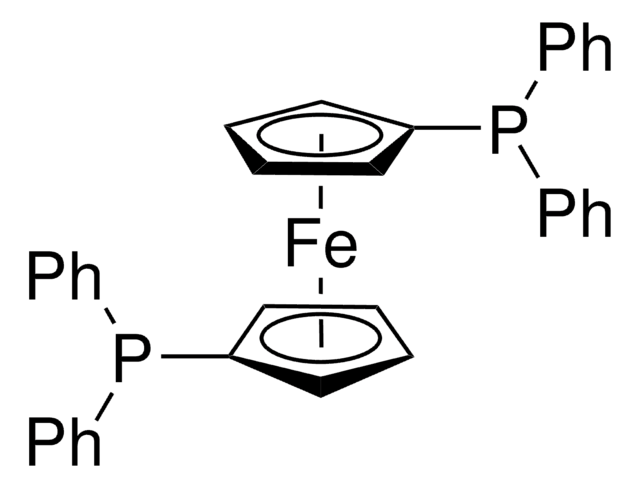
![[1,1′-Bis(diphenylphosphino)ferrocene]dichloropalladium(II), complex with dichloromethane](/deepweb/assets/sigmaaldrich/product/structures/825/986/4317978b-1256-4c82-ab74-6a6a3ef948b1/640/4317978b-1256-4c82-ab74-6a6a3ef948b1.png)

